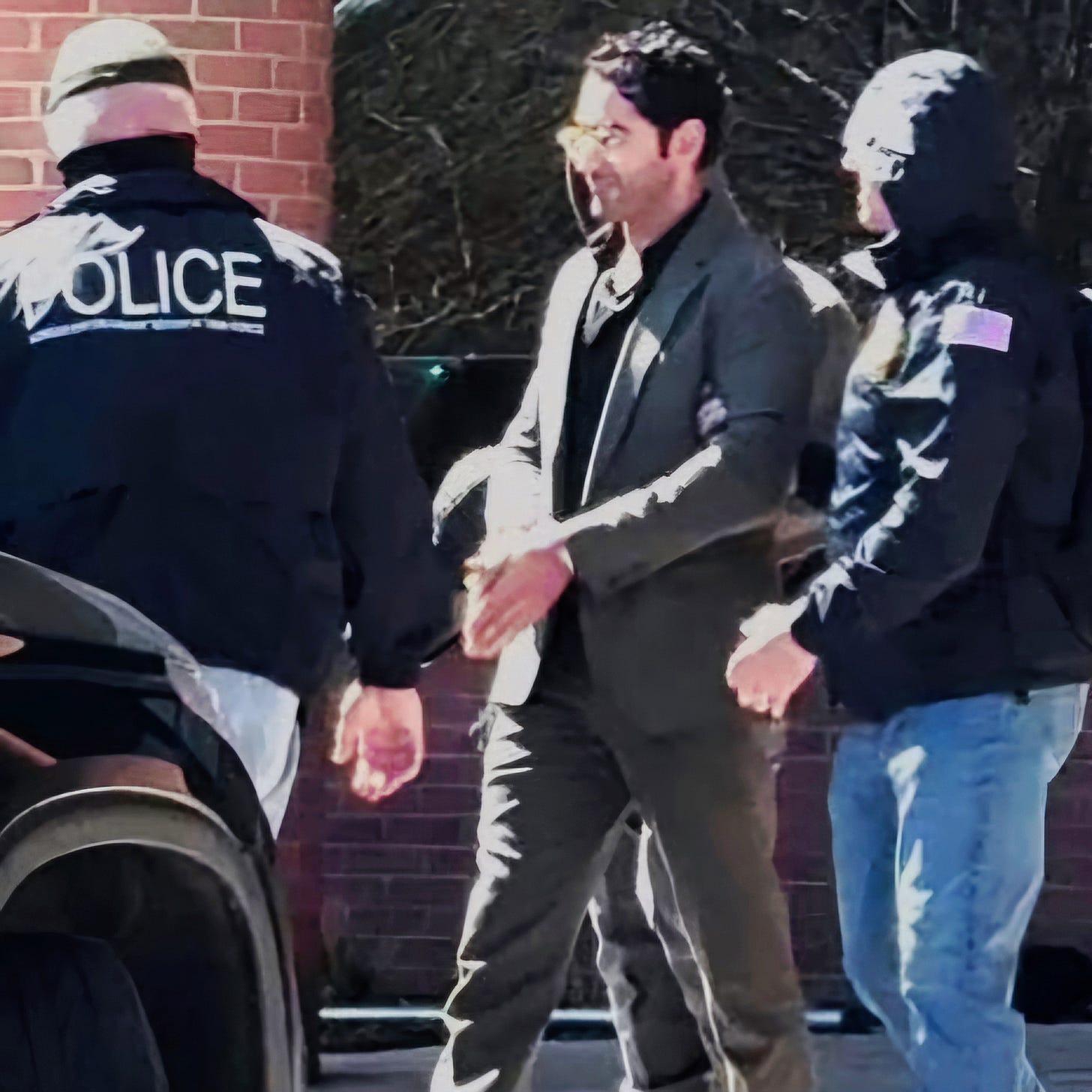Mohsen Mahdawi didn’t show up to start a fight. He showed up to swear allegiance. A decade of lawful residence, a future of service and study, and a belief—still somehow intact—that America meant what it said about freedom.
ICE was waiting to prove him wrong.
On April 14, 2025, at a citizenship interview in Colchester, Vermont, Mahdawi was arrested without warning and hauled into detention at Northwest State Correctional Facility. Not for committing any crime. Not for breaking any law. But because powerful men found his voice inconvenient.
The government cited a relic of immigration law almost never touched—an obscure provision allowing detention if someone’s presence allegedly causes “serious adverse foreign policy consequences.” Their proof? A memo from Secretary of State Marco Rubio accusing Mahdawi of “threatening rhetoric” at campus protests. Not violence. Not sabotage. Words.
For this, they caged him.
Mohsen Mahdawi was weeks from graduating from Columbia University. He had a master’s program waiting. He lived, worked, and built in Vermont for ten years without scandal or stain. None of that mattered once it became politically useful to paint him as dangerous.
His lawyers filed a habeas petition within days. A federal judge blocked his immediate removal with a temporary restraining order. As of April 28, Mahdawi sits behind bars, awaiting a bail hearing set for April 30—a hearing that will decide whether America humiliates itself further or begins to claw back a shred of decency.
The outcry has already begun. Senators Peter Welch and Bernie Sanders, and Representative Becca Balint, have condemned the arrest as immoral, inhumane, and illegal. Over 135 Buddhist leaders signed an open letter demanding his release, describing a man devoted to nonviolence and dialogue.
But Mahdawi’s real crime, in the eyes of the state, was simpler: He believed he had a place here.
A Palestinian immigrant who spoke without permission. A student who organized instead of sitting quietly. A man who took the promises of this country at face value—and paid for it in steel and concrete.
The United States offered Mohsen Mahdawi citizenship. Then it turned the ceremony into an ambush.
Now it must decide whether it will let that betrayal stand. History, if it is still keeping notes, will remember which path it chose.
At Closer to the Edge, we don’t whisper about injustice. We rip the mask off. Subscribe if you’re ready to see it all—no matter how ugly it gets.
This post has been syndicated from Closer to the Edge, where it was published under this address.

